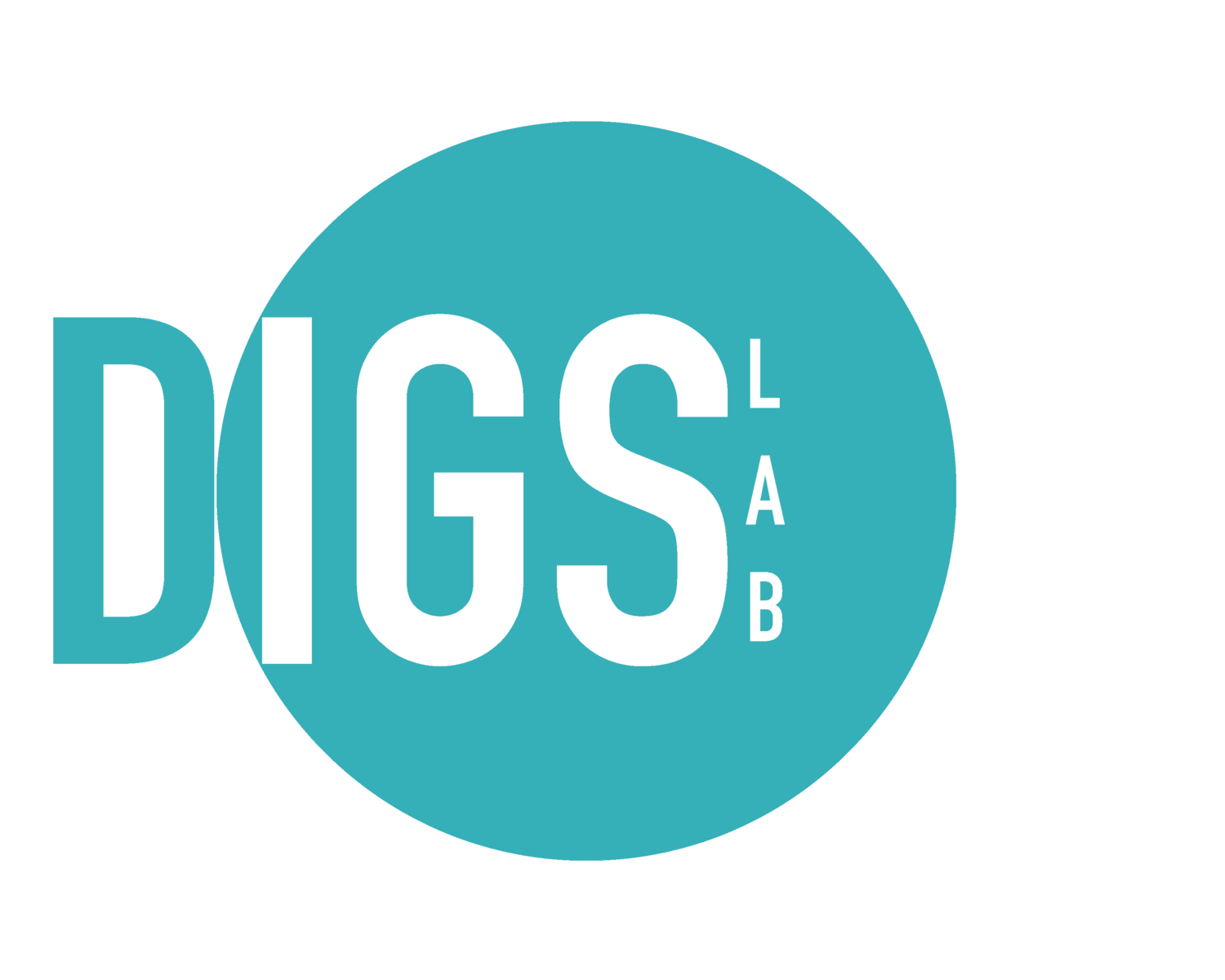Algorithms and “elderqueers”: An exploration of intergenerational exchanges about sexual identity on TikTok
Research supported by funding from the Québec Fonds de recherche – Société et culture
Principal Investigator: Stefanie Duguay, Concordia University
Project Duration: 2022-2025
Social media platforms have played a key role in the lives of lesbian, gay, bisexual, transgender, and queer (LGBTQ) people as outlets for self-representation, socialization, and the circulation of counterpublic discourse. As the short video platform TikTok has seen rapid uptake in recent years, LGBTQ people appear to be using this platform for similar purposes. However, TikTok has become embroiled in controversies over the unexplained removal and censorship of LGBTQ content. When a 2019 investigation found that the platform’s internal moderation guidelines inhibited the visibility of LGBTQ content, TikTok claimed to abandon this policy in favor of more equitable moderation. Yet LGBTQ users regularly mention having content removed while striving for increased visibility through appeals to their followers or strategic hashtag use.
Among these LGBTQ creators are individuals whose content expresses sexual identity alongside their identification as older TikTok users. Applying hashtags like #elderqueer, #gayover30, and #oldlesbian to posts, these users showcase their everyday lives alongside advice addressed to the platform’s predominantly younger user base. Given that much TikTok research has focused on popular trends among youth, this study shifts to an exploration of older LGBTQ TikTokers and intergenerational exchanges. Its objectives include: 1) Understanding how LGBTQ individuals over thirty use the platform; 2) Examining how the platform’s technical interface, governance structure, and business model shape the content and experiences of these “elder” TikTokers; and 3) Analyzing the messages shared to young LGBTQ individuals and the responses they garner. These objectives will be addressed through mixed qualitative methods, beginning with collection and analysis of LGBTQ elders’ content and audience responses (e.g. comments, likes, shares, and other metrics), followed by semi-structured interviews with LGBTQ elder creators.
Research outputs:
Publications:
Duguay, S. (2024). Identity modulation on TikTok: The case of a lesbian cowboy. Canadian Journal of Communication, 49(3), 370–390. Published online September 20, 2024 https://doi.org/10.3138/cjc-2023-0030
Jamet-Lange, H. & Duguay, S. (2024). “How do we do that?” An analysis of TikToks by lesbians over age 30 representing sexual identity, lived experience over time, and solidarity. Journal of Lesbian Studies. Published online June 22, 2024. Doi.10.1080/10894160.2024.2369431
Duguay, S. (2023). TikTok’s queer potential: Identity, methods, movements. Social Media + Society, 9(1), 1-4. doi.10.1177/20563051231157594
Conference Papers:
Jamet-Lange, H., Nešovic, D., & Duguay, S. (2025). “Elderqueer is more than just an age thing”: Experiences of LGBTQ+ intergenerational co-presence on TikTok. AoIR2025: The 26th Annual Conference of the Association of Internet Researchers, October 15-18, Niterói, Brazil.
Duguay, S., Acar, O.E., Jamet-Lange, H. (2023). Dear baby gays: Investigating the sociotechnical practices of older LGBTQ+ TikTok users. Association of Internet Researchers Annual Conference, October 18-21, Philadelphia, USA.
Duguay, S., Jamet-Lange, H., & Acar, O.E. (2023). #queersover30: Exploring creative production at the intersection of age and sexual identity on TikTok. Global Perspectives on Platforms, Labor, and Social Reproduction, June 27-28, University of Amsterdam, Amsterdam, The Netherlands.
Duguay, S. Acar, O.E., & Jamet-Lange, H. (2023). Where the methods of the medium meet the practices of data cultures: Investigating TikTok as a research tool. Data Cultures Panel. Canadian Communication Association Annual Conference, May 30-June 2, 2023, York University, Toronto, Canada.


